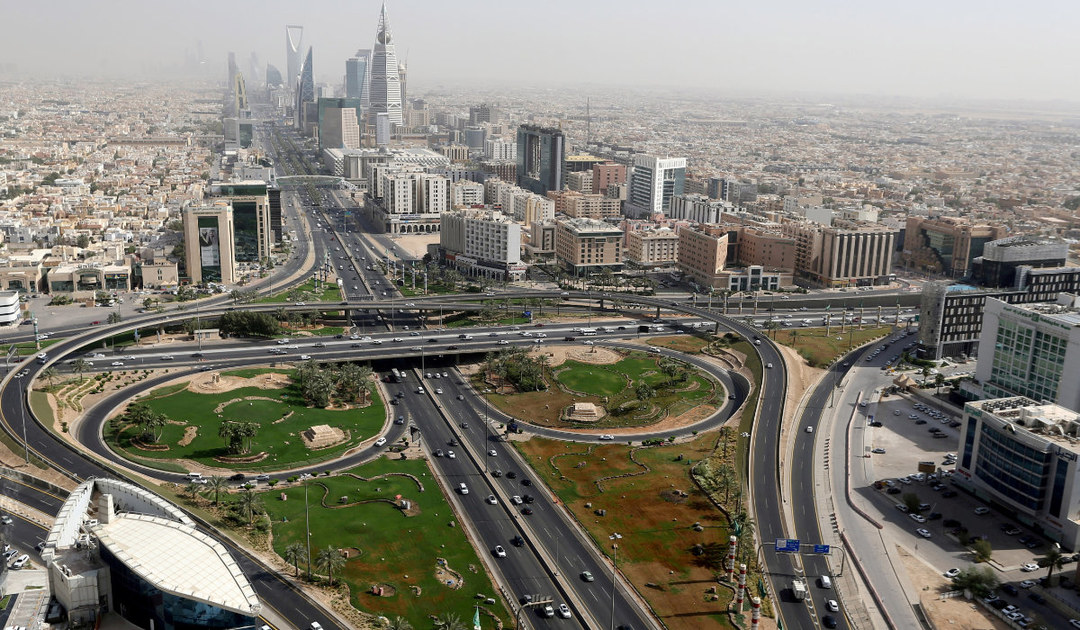In 2023, Saudi Arabia shattered records as its non-oil sectors surged to new heights, contributing 50 percent to the Kingdom’s gross domestic product.
This remarkable milestone, backed by the Ministry of Economy and Planning’s analysis of the General Authority for Statistics’ data, propelled the non-oil economy to a staggering SR1.7 trillion ($453 billion). This extraordinary growth was underpinned by a phenomenal 57 percent surge in non-government investment over the past two years, soaring to SR959 billion in 2023.
Similarly, the arts and entertainment sectors experienced significant growth in 2022 compared to 2020. Sectors such as food, accommodation, transportation and communication thrived. In 2023, there was a diverse growth pattern, with social services like health, education, and entertainment seeing positive growth. Additionally, trade, restaurants, and hotels showed promising development. These trends indicate the country's commitment to development across various sectors.
Service exports, driven by tourist spending, saw substantial growth in 2023 compared to 2021. This reflects Saudi Arabia’s emergence as a global tourism and entertainment destination. These advancements are in line with the goals of Saudi Vision 2030, which aim to diversify the economy and achieve sustainable growth through relevant programs and projects.
Saudi Arabia’s success in diversifying its economy and achieving unprecedented growth in non-oil sectors presents promising opportunities for investors and businesses seeking this dynamic market. With its strategic focus on economic diversification and sustainable development, Saudi Arabia is poised to continue its upward trajectory as a global economic powerhouse.
The Kingdom’s Vision 2030 goals, including developing new industries and promoting entrepreneurship, will likely create new opportunities for investors and businesses.
The transformation of the Kingdom’s economy is driven by several key factors. Firstly, the government’s commitment to diversification through initiatives like Saudi Vision 2030 has played a crucial role. This ambitious plan, launched in 2016, aims to reduce the country's dependence on oil, encourage economic growth, and enhance the quality of life for its citizens.
Secondly, the Kingdom’s proactive approach to reforms and investments has created a more business-friendly environment. Initiatives including the National Industrial Development and Logistics Program and the Privatization Program have attracted domestic and foreign investment, further boosting economic growth.
Thirdly, a young and increasingly educated population has supported the growth of non-oil sectors. Saudi Arabia has significantly invested in education and training, leading to a skilled workforce driving innovation and development in key sectors.
Saudi Arabia’s continued focus on economic diversification and sustainable growth is expected to drive further expansion in non-oil sectors. The Kingdom’s Vision 2030 goals, including developing new industries and promoting entrepreneurship, will likely create new opportunities for investors and businesses.
Non-oil sectors have achieved remarkable growth, surpassing previous records and exceeding expectations. With a strategic vision guiding economic diversification and sustainable development, the Kingdom is not only on a path to success but also paving the way for a new era of prosperity. Investors and businesses ready to seize the opportunities in this dynamic market are not just witnessing history but actively shaping it. Saudi Arabia’s journey toward economic diversification is more than a story of growth; it’s an epic tale of transformation, and the future holds even greater promise.
• Ritaj Hussain Al-Hazmi is a young columnist and titleholder in Guinness World Record. She believes in empowering the new generation to reach their full potential.














